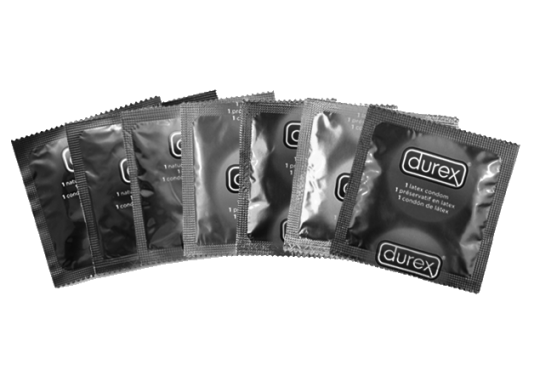In its debut, Viagra burst into the pharmaceutical market, curing sexual performance issues for men. Many women have been waiting for the same magic pill to alleviate their own sexual issues related to both desire and performance. To some degree, we can blame the sexist nature of the world for prioritizing male sexual deficiencies over women’s , but the lack of sex drive-enhancing drugs for women is a complex issue.
Today, there are twenty four variations of male sexual performance/pleasure enhancing drugs on the market. This number is staggering compared to the amount of comparable drugs available to women: zero. The discrepancy is often blamed on society’s sexist treatment of women’s sexuality. Many groups have even accused the FDA of being sexist for denying Flibanserin. While our collective treatment of women’s sexuality may not be ideal, it is not the reason the FDA denied the drug. In fact, this could not be further from the truth.
In the FDA’s report, it became evident that they voted against Flibanserin because the risks greatly outweighed the benefits. Flibanserin is meant to alleviate hypoactive sexual desire disorder (HSDD) in women, and the FDA found that there was not a large difference in treatment between the placebo and the pill. What is hopeful about the drug is that the number of satisfying sexual events had by patients increased greatly when compared to the placebo. This seemed to be the only bright spot in the review as a number of subjects dropped out from adverse events. There was also the side effect of drowsiness, and a lack of information regarding long-term effects from use.
Unfortunately, it is much harder to diagnose female “sexual dysfunctions” when compared to males. The FDA even highlighted this in their summary of their Flibanserin review.
“During discussion, it was identified that HSDD is a real condition; however, the diagnosis is still challenging,” reported the FDA.
The little blue pill causes increased blood flow to the penis, and there is a literally measurable change in size for the man. This is correlated with increased pleasure and libido. For women, changes in satisfaction and sex drive need to be described qualitatively. Not surprisingly, this increases the difficulty of diagnosis of HSDD.
The FDA is simply trying to evaluate the drug as they would any other; when the risks outweigh the benefits, it is not yet fit for sale. It is important to note that the FDA recognizes HSDD as a real condition, but feels that Flibanserin is not yet fit to treat it. Sprout, the distributor of the drug, will submit a revised version and study in the near future. Not coincidentally, Sprout is also one of the loudest voices in criticism of the FDA, calling them subconsciously sexist for not approving the drug.
Sprout has been one of the most active voices in the fight for gender equality, at least in terms of female sexual disorders. While this could be because the company truly believes in equality, they have every incentive to gather supporters for the drug; increased pressure on the FDA may aid the drug in being passed, and ultimately sold. It does not help that the most ardent supporters of the pill have been compensated by Sprout.
According to an article in Slate magazine, Sprout has compensated many of the drug’s supporters and FDA denouncers, such as the National Organization of Women, Dr. Sheryl Kingsberg of the University Hospitals Case Medical Center, Anita Clayton of the Huffington Post and many others. It is no surprise that those compensated for consulting Sprout would accuse the FDA of institutional sexism.
Fortunately, the National Women’s Health Network noticed the bias of Sprout and has urged to FDA to evaluate Flibanserin as they would any other drug. Such objective judging is the only way to ensure a safe drug enters the market. Sprout has abused the feminist position, using it to maximize their own profits, rather than for an altruistic quest for sexual equality. This time, we can thank the FDA for trying their best to remain objective, even amidst the social pressure Sprout created.






